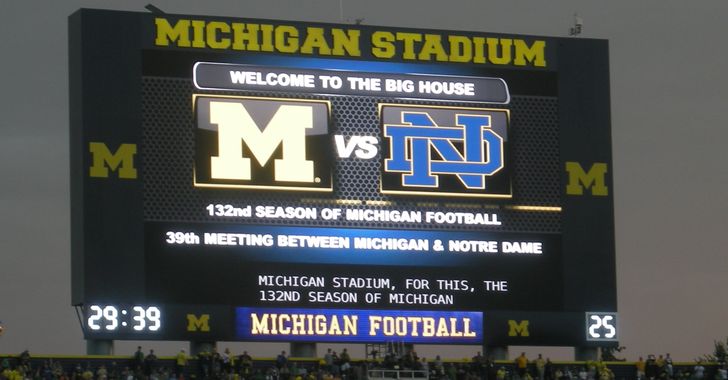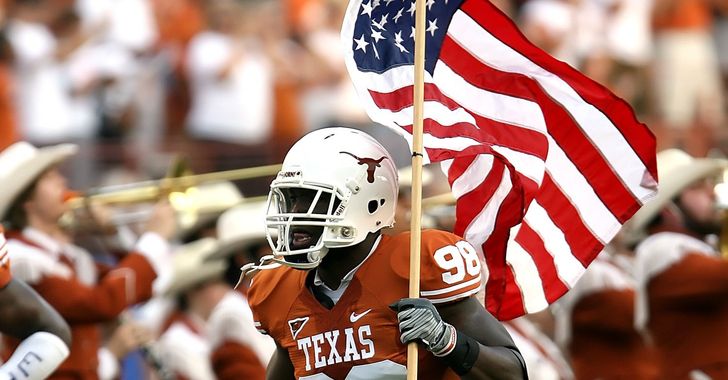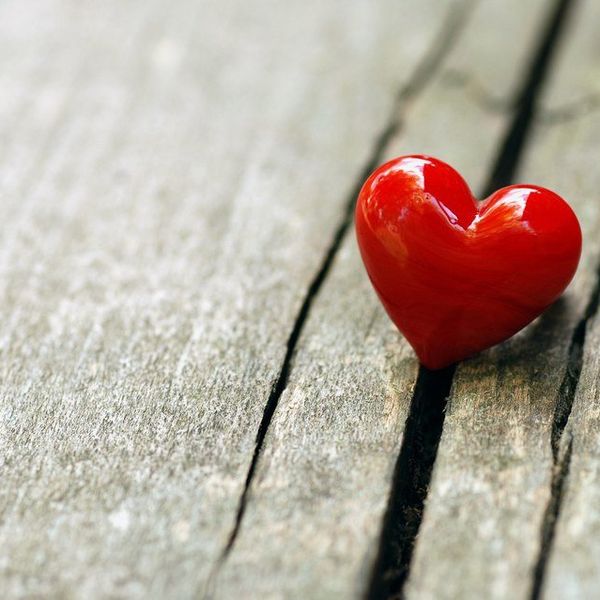As Black Lives Matter protests march on in the wake of the most recent deaths of George Floyd, Ahmaud Arbery, and Breona Taylor, more and more people are joining the movement nationwide.
In the heat of the moment — and especially under the threat of gas, rubber bullets, and flashbang grenades — you may not remember that as a civil protester, you have rights that cannot be denied by the police, the national guard, or even the president. The ACLU put together a comprehensive tweet thread that covers all the rights you may have forgotten, or didn't even know, that you had while protesting.
Here is a quick highlight of some of those rights:
1. Every American has the right to protest. It's a guaranteed right.
2. The job of the police is to de-escalate confrontations and to protect you and your right to protest.
While the police may feel more oppressive with violent tactics aimed at quelling protests, that's not their job. It is to protect you.
This is a major reason why protestors and Black Lives Matter have been so vocal, the police are not doing their job when so often their interactions end with black people dying.
The same here, police are not doing their jobs if they are not protecting your right to protest.
3. The police cannot detain you if they have no reason to detain you.
If you get stopped by the police, make sure you ask them if you're free to go. If they say you are, you can walk away.
4. You have the right to a lawyer if you get arrested.
Remember, if you get arrested, you don't need to say anything until you get your lawyer.
One of your Miranda rights that should be read to you if you get arrested is, "Anything you say can and will be used against you in a court of law." So don't implicate yourself, wait for your lawyer and follow their guidance.
5. If you get arrested, you get to make a phone call. Make sure to demand it.
The ACLU points out that if you use your one call to call your lawyer, the police cannot listen into it. However, if you use it to call anyone else they might listen in.
6. You have the right to photograph anything in plain sight if you're lawfully in a public space.
This includes the actions of the police. So if you see injustice happening, film it, photograph it, document it.
7. If you're organizing a protest, you don't need a permit to march, as long as you're not obstructing car or pedestrian traffic.
This is important to keep in mind. Your protest is not illegal if it's not obstructing traffic in any way. If it is obstructing traffic and you don't have a permit, it is technically illegal.
8. If the police issue a "dispersal order" they must provide a few key things — a reasonable chance to comply (e.g. sufficient time and an exit path).
While there might not be much you can do about the situation if the police don't abide by this, the one thing you can do is document it. Take photographs and video if you can. And always follow point nine in any situation where your rights are being violated.
9. Understand that you may find yourself in a situation where your rights are clearly being violated.
In this case, write everything you can remember down: badge numbers, patrol car numbers, agency the officer works for, take photos of injuries, get contact information. The more the better in this case.









 Photo by
Photo by 









































